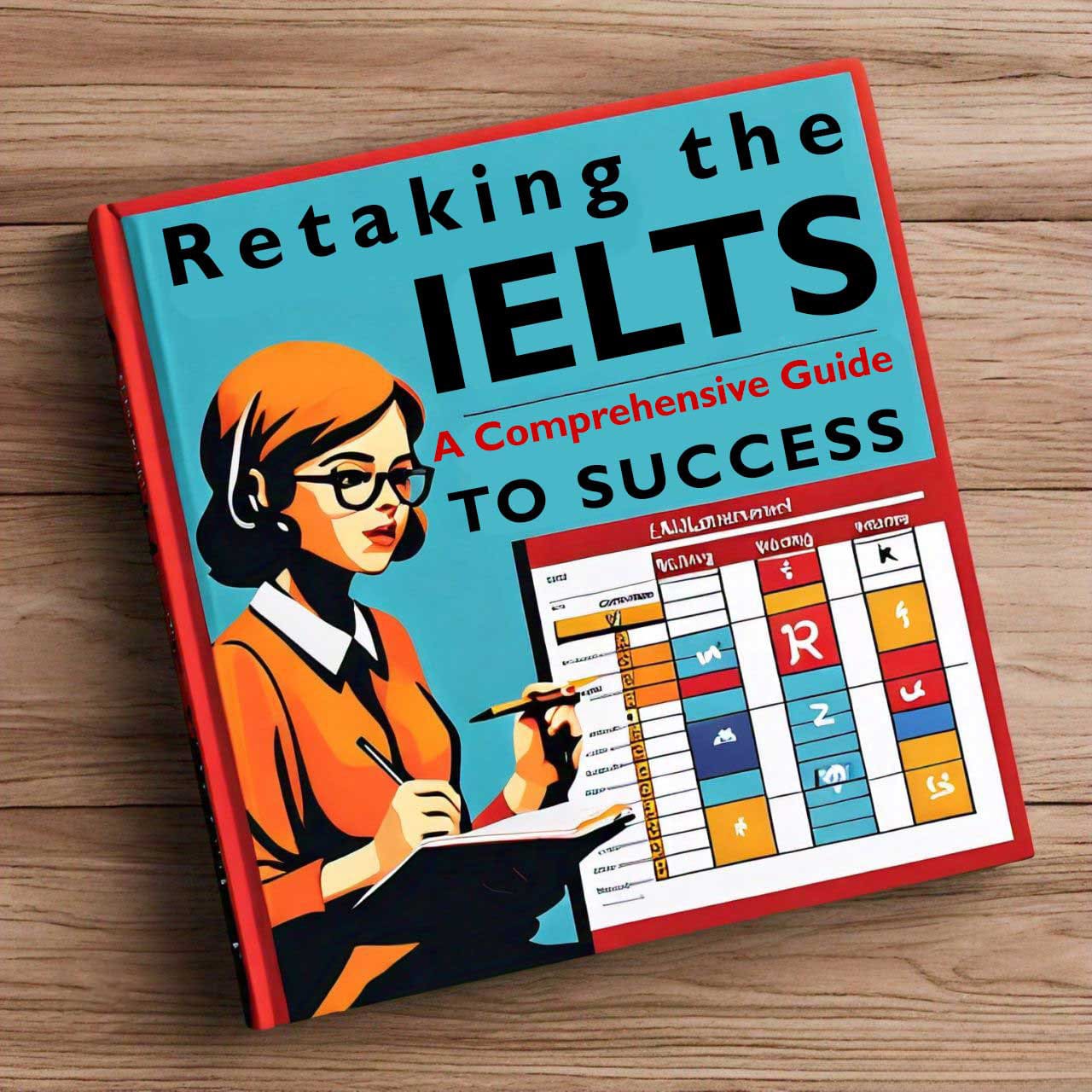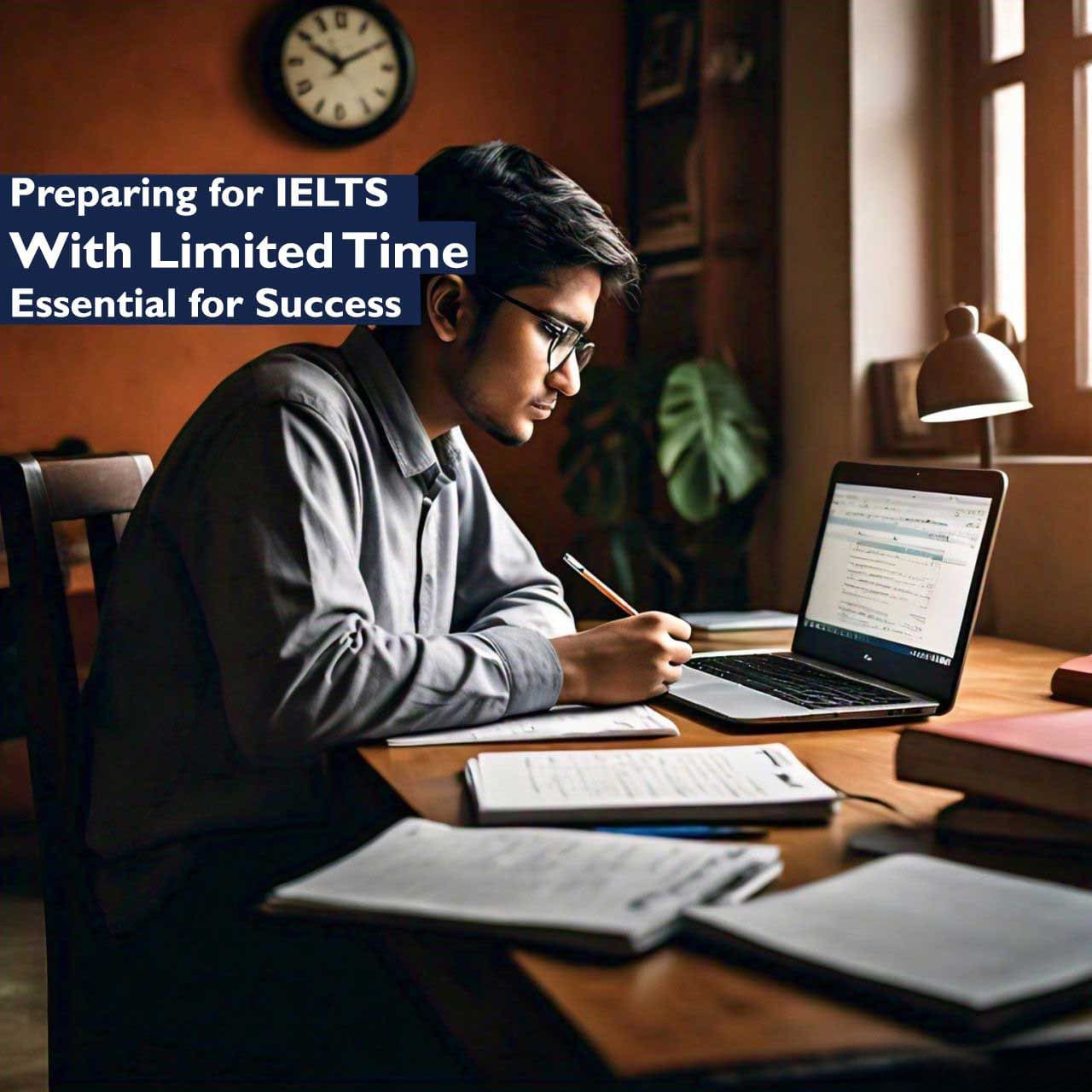Whether you’re aiming to study, work, or live abroad, the International English Language Testing System (IELTS) is a critical steppingstone. Recognized by over 10,000 organizations worldwide, including universities, employers, and immigration authorities, the IELTS exam assesses your English language proficiency across four key areas: Listening, Reading, Writing, and Speaking. In this blog post, we’ll delve into what the IELTS exam entails, its structure, scoring, and some tips to help you succeed.
Table of Contents
What is the IELTS Exam?
The IELTS exam measures your ability to communicate in English in real-life situations. It’s designed to reflect the way you’ll use English in your new life abroad, whether for study, work, or migration. There are two versions of the test: IELTS Academic and IELTS General Training. The Academic version is intended for those who want to pursue higher education or professional registration, while the General Training version is for those migrating to an English-speaking country for secondary education, work experience, or training programs.
Structure of the IELTS Exam
The IELTS exam consists of four sections:
1. Listening (30 minutes)
– You’ll listen to four recordings of native English speakers and then write your answers to a series of questions. This section tests your ability to understand main ideas, specific information, opinions, and attitudes of speakers.
2. Reading (60 minutes)
– The Reading section comprises 40 questions designed to test a wide range of reading skills. These include reading for gist, reading for main ideas, reading for detail, skimming, understanding logical argument, and recognizing writers’ opinions, attitudes, and purpose. The content differs between the Academic and General Training versions.
3. Writing (60 minutes)
– In the Writing section, you’ll complete two tasks. For the Academic version, Task 1 requires you to describe visual information (such as a graph, table, or chart) in your own words, while Task 2 is an essay responding to a point of view, argument, or problem. For the General Training version, Task 1 involves writing a letter, and Task 2 is also an essay.
4. Speaking (11-14 minutes)
– The Speaking test is a face-to-face interview with a certified examiner. It’s divided into three parts: an introduction and interview, a long turn where you speak about a particular topic, and a two-way discussion thematically linked to the individual long turn. This section assesses your spoken English skills, including fluency, coherence, pronunciation, and vocabulary.
Scoring System
The IELTS exam is scored on a nine-band scale, with each band corresponding to a level of English proficiency. Band scores range from 1 (Non-User) to 9 (Expert User). You’ll receive an individual band score for each of the four sections, as well as an overall band score, which is the average of the four.
Tips for Success
1. Understand the Format
– Familiarize yourself with the test format and types of questions asked in each section. Practice with official IELTS practice materials to get a feel for the actual exam.
2. Improve Your English Skills
– Focus on improving your overall English skills, not just test-taking strategies. Engage in regular reading, writing, listening, and speaking in English. Watch English movies, listen to podcasts, read books, and practice speaking with friends or language partners.
3. Practice Under Timed Conditions
– Time management is crucial in the IELTS exam. Practice completing each section within the allotted time to ensure you can perform well under exam conditions.
4. Seek Feedback
– If possible, get feedback on your writing and speaking from someone proficient in English or a professional tutor. Constructive criticism can help you identify and work on your weaknesses.
5. Stay Calm and Confident
– On the day of the exam, stay calm and focused. Read instructions carefully, allocate your time wisely, and answer all questions to the best of your ability.
Conclusion
The IELTS exam is a gateway to numerous opportunities worldwide. By understanding its structure, honing your English skills, and practicing diligently, you can achieve a score that opens doors to your dreams. Whether it’s higher education, a new job, or permanent residency, success in the IELTS exam can be your key to a bright future abroad. Happy studying, and good luck on your IELTS journey!



